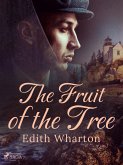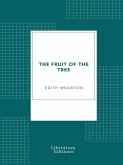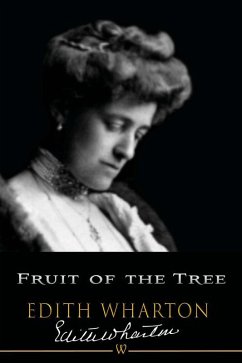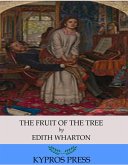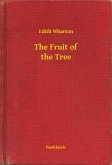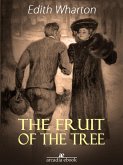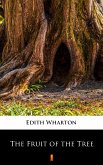In "The Fruit of the Tree," Edith Wharton weaves a complex narrative that explores the intricacies of love, morality, and the dichotomy of social class in the early 20th century. Centered around the passionate yet tumultuous relationship between an affluent industrialist and a devoted socialist, the novel delves into themes of guilt, personal sacrifice, and the constraints of societal expectations. Wharton's literary style is characterized by her keen psychological insight and her lush, descriptive prose, which illuminate the inner lives of her characters while also reflecting the broader cultural milieu of post-Victorian America, marked by rapid industrial advancement and shifting social values. Edith Wharton, an acclaimed novelist and the first woman to win the Pulitzer Prize, was deeply influenced by her privileged upbringing in New York City society and her first-hand observations of its limitations and contradictions. Her personal experiences with love and loss, coupled with her acute awareness of the changing American landscape, informed her critique of materialism and her exploration of moral complexity. Wharton's perspective as a woman of her time provides readers with a nuanced depiction of the female experience within the constraints of a patriarchal society. "The Fruit of the Tree" is highly recommended for readers interested in classic literature that provocatively examines the intersection of personal desire and societal obligation. Wharton's incisive character studies and her rich narrative style make this novel a captivating exploration of human nature, perfect for anyone seeking to understand the intricate dance between passion and responsibility.
Dieser Download kann aus rechtlichen Gründen nur mit Rechnungsadresse in A, B, BG, CY, CZ, D, DK, EW, E, FIN, F, GR, H, IRL, I, LT, L, LR, M, NL, PL, P, R, S, SLO, SK ausgeliefert werden.
Hinweis: Dieser Artikel kann nur an eine deutsche Lieferadresse ausgeliefert werden.



